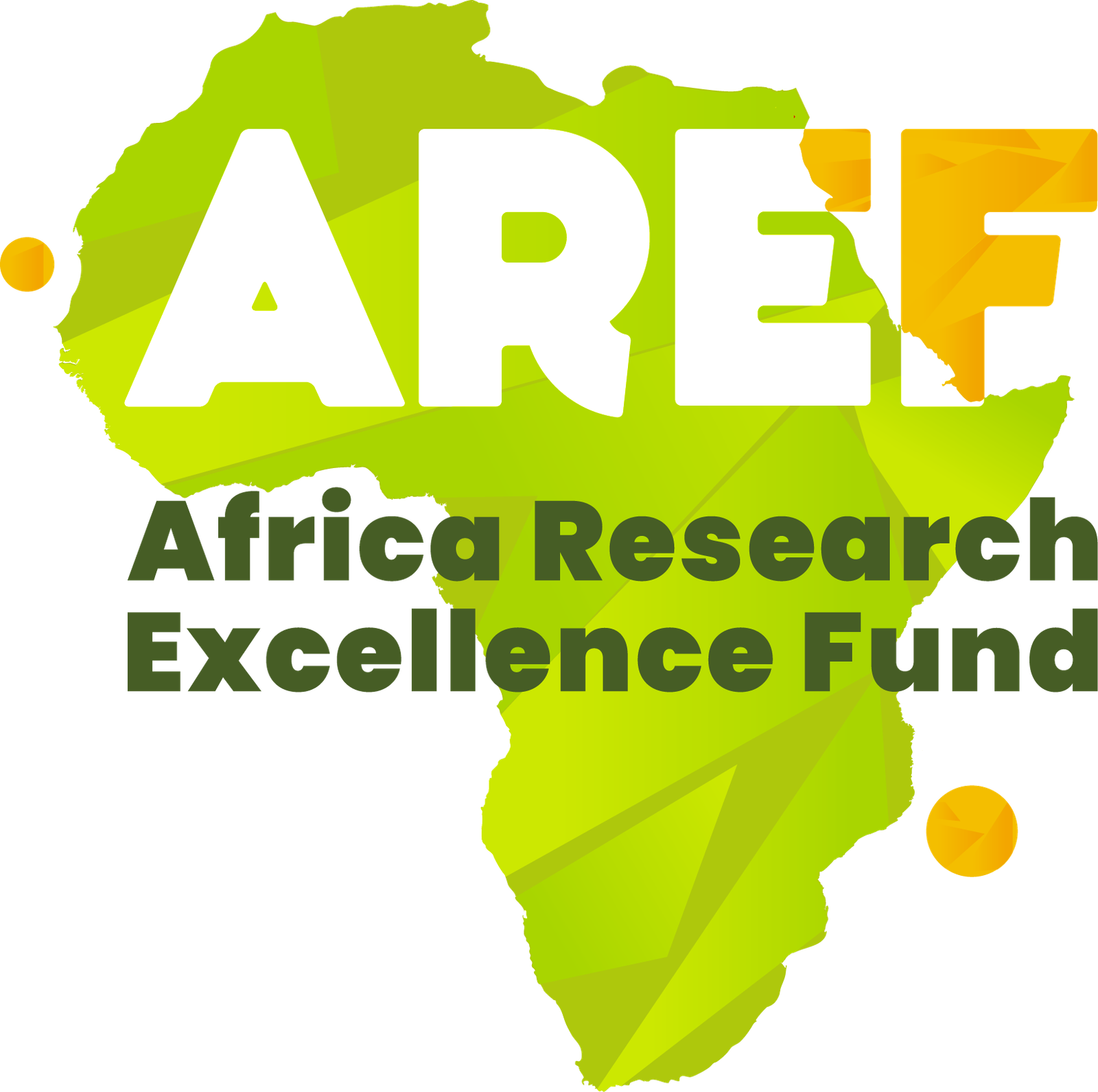In 2015 Dr Leopold Tientcheu secured a three-month fellowship in South Africa, at the University of Cape Town’s Wellcome Centre for Infectious Diseases Research In Africa. An immunologist and molecular biologist from Cameroon, Leopold is based at the MRC Unit in The Gambia, where he is helping to develop better treatments for tuberculosis (TB).
TB is the ninth leading cause of death worldwide and the leading cause from a single infectious agent, ranking above HIV/AIDS. Over 25 per cent of TB deaths occur in Africa, and although some gains have been made in the fight against the disease, the emergence of multi-drug resistant TB poses a new threat to human health.
In West Africa, half of all TB is caused by Mycobacterium africanum, a bacterium which causes a similar pathology but responds poorly to antibiotic treatment compared to M. tuberculosis – the bacterium which causes TB around the world.
Leopold’s research focuses on identifying genetic markers which can be targeted by drugs to trigger a response from the immune system, with the key aim of shortening the duration of antibiotic treatment for patients with TB. This is critical because the standard treatment regime consists of six months of daily antibiotics, which is arduous for patients and, in the case of non-adherence, can create a window for the TB bacterium to mutate and become resistant to drugs.
“Genetic differences between people have important implications for the treatment of TB, not only for the use of antibiotics, where ethnicity contributes to how patients respond to antibiotics, but also with the development of treatment strategies.
“Drug-resistance is a big challenge for treating TB, and patients are rapidly becoming resistant to newly emerged drugs. Because new treatments take a long time to reach patients, my focus is on enhancing the treatments we have already and tailoring them based on people’s genetic make-up.”
In 2017, research Leopold carried out as part of his fellowship was published in the European Journal of Immunology, giving him the basis to apply for major international grants. Most notably, in 2018 he won a prestigious five-year research award (the ‘K43 Emerging Global Leader Award’) worth over £500,000 to pursue his work on tailored tuberculosis treatments from the USA’s National Institutes of Health (NIH) Fogarty International Center (FIC).
In 2019, he was one of 30 early career African scientists – from a competitive pool of more than 700 applications – to win a Future Leaders – African Independent Research (FLAIR) Fellowship award worth £300,000 from The African Academy of Sciences (AAS) and the Royal Society.
All of the research ideas I’m pursuing now emerged from the work I originally did during the AREF fellowship, so I’m incredibly grateful for the charity’s support. AREF set me on the path to independence as a funded researcher by providing the time and space needed to cultivate my research ideas in the first place and allowing me to develop these ideas alongside leading scientists at the University of Cape Town. I’ve since been able to transfer most of the genotyping techniques I was using in South Africa to my lab in the Gambia, meaning I can continue the work I started there.


